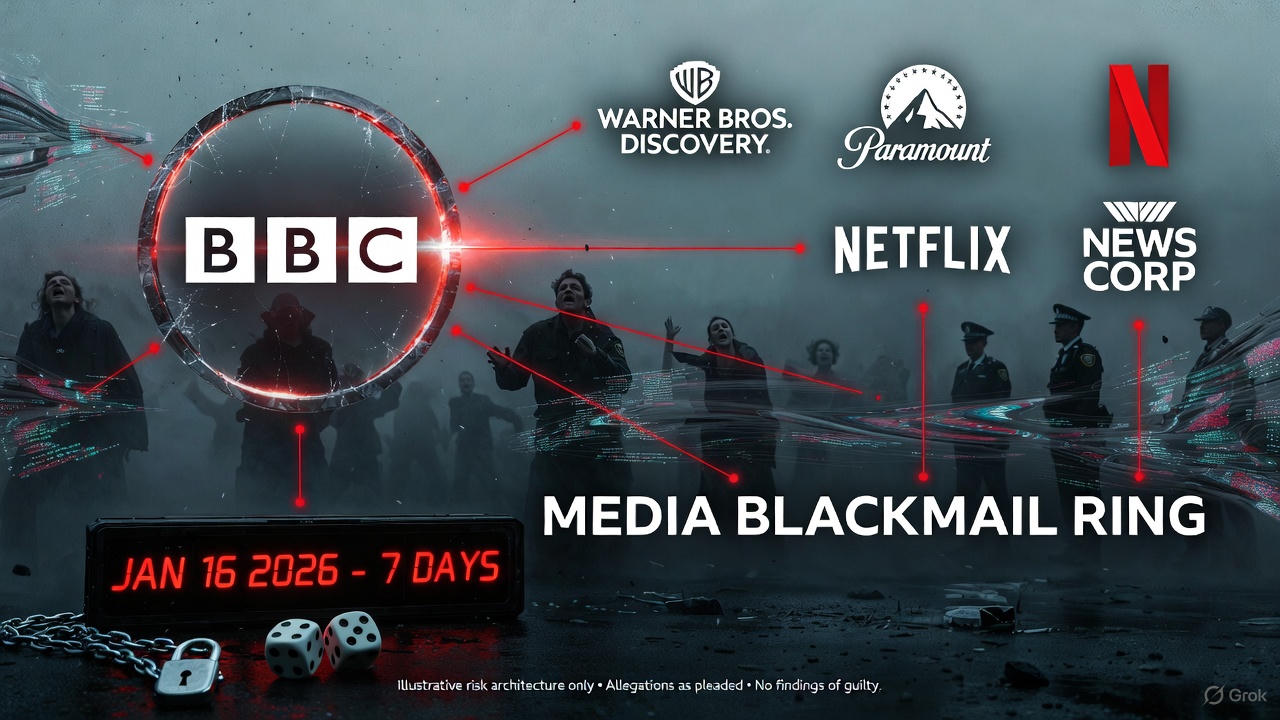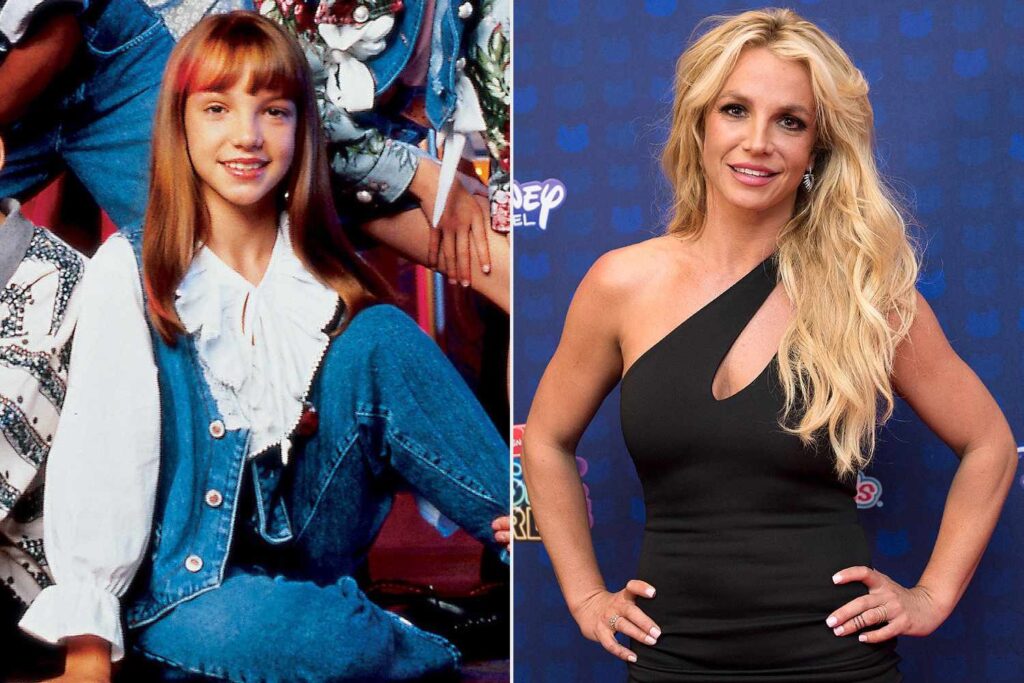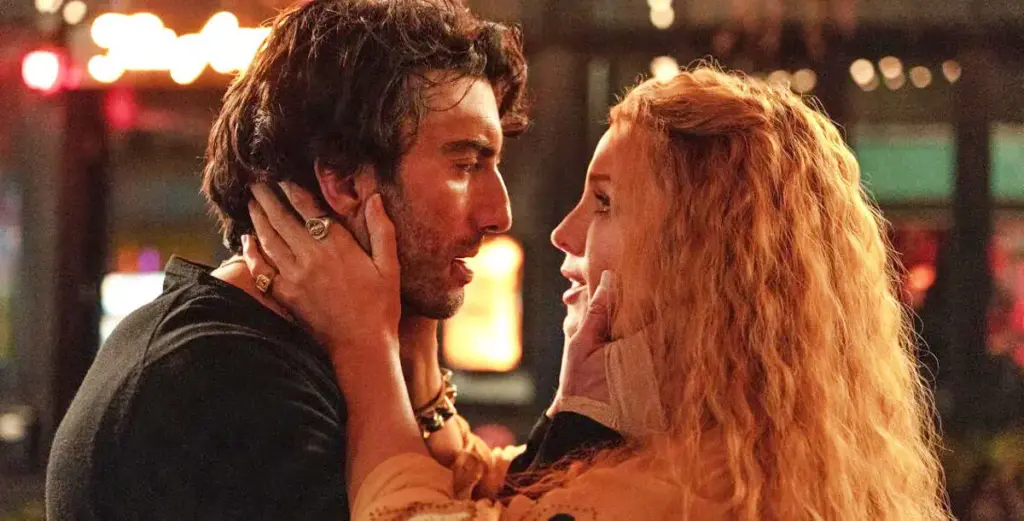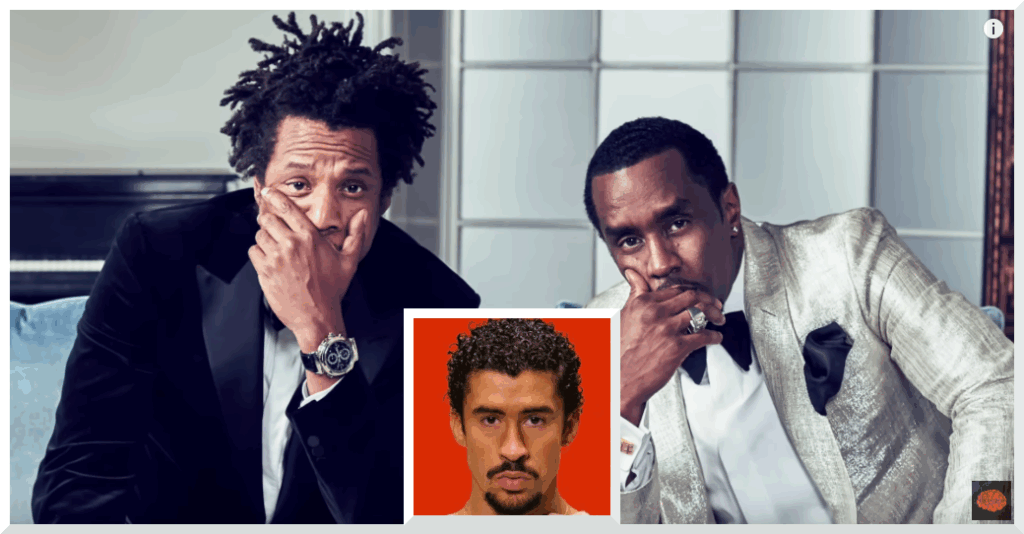In recent developments within the entertainment industry, the financial troubles of pop star Justin Bieber have prompted renewed scrutiny regarding his relationship with hip-hop mogul Sean ‘Diddy’ Combs. As speculated by various sources, including the gossip outlet TMZ, Bieber appears to be navigating a precarious situation that recalls the tumultuous history of other stars, notably Britney Spears.
TMZ has reported claims from unnamed “sources” that Justin Bieber purportedly never had a personal relationship with Diddy, asserting instead that his connections were limited to Diddy’s sons, Quincy and Christian Combs. However, this narrative comes amid growing concerns about Bieber’s financial state. Just days prior, reports indicated that Bieber’s music catalogue sale for $200 million in 2022 followed a perilous financial trajectory that allegedly saw him on the brink of collapse.
Further complicating the situation, certain articles allege that Bieber owes considerable sums to entities such as concert promoter AEG, with questions arising over expenses related to his now-cancelled “Justice” world tour. Speculation has emerged suggesting that Bieber's deteriorating health and finances may stem from a broader scheme involving Diddy and his inner circle, allegedly characterized by manipulation and financial exploitation.
Lou Taylor, a longstanding ally of Diddy and a controversial figure in both Bieber’s and Spears' careers, is at the center of this unfolding drama. Taylor has been identified in previous allegations of financial misconduct, with Britney Spears notably claiming that Taylor's decisions nearly led to her demise. Now, Taylor’s name resurfaces as she is implicated in reportedly mismanaging Bieber's earnings, suggesting he could have been misled into thinking he was owed significant money by his previous manager, Scooter Braun.
Adding to the intrigue, a lawsuit from a former associate of Diddy, Rodney 'Lil Rod' Jones, alleges financial misconduct linked to the payments made by Tri-Star Sports and Entertainment, calling into question the legitimacy of Diddy’s operations. Such claims raise disturbing reflections on the pattern of exploitation seen among young celebrities, as those in their inner circles appear to take advantage of their naiveté and fame.
Critics of TMZ argue that their continuing allegiance to protect Diddy’s image—aided by founder Harvey Levin’s personal connections to Diddy’s legal team—only serves to amplify Bieber’s victimization in this alleged scheme. With allegations of “video blackmail” and a potential racketeering setup swirling around, the fate of Justin Bieber’s fortune and wellbeing hangs in a precarious balance, highlighting the need for greater scrutiny and protection for young artists in the music industry.
As the investigation unfolds, the parallels to other celebrity plights become more pronounced: the accusations against Diddy and Taylor echo past narratives of exploitation that have left lasting scars on the lives of those involved.




















